Play is something that is natural and we engage in it. Therefore play is a natural way to engage children struggling with issues around depression/sadness, anxiety, social issues and all the feelings commonly felt by adults.
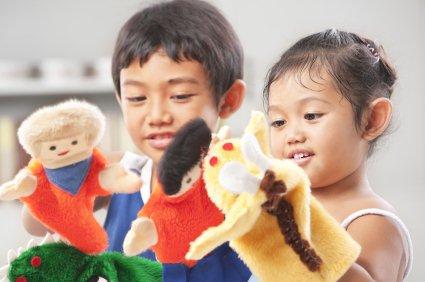
Issues such as parental distress or arguments, divorce or remarriage can deeply affect children. For children, they may have a difficult time adjusting to a new sibling, school, teacher or classmates or social situation. Other life stress may result from medical procedures or health issues, serious accidents or the death of someone close to the child. Some children may need help enhancing his or her coping skills to better handle stress and anxiety.
Play is universal to all children around the world no matter what language or culture. It is through play that children learn and explore their world and also some to understand their own abilities, likes and dislikes. Play actually helps to organize the executive and symbolic capacities of the prefrontal cortex in a developing child’s brain. Therefore, it makes sense to treat children with play for emotional, social or behavioral issues.
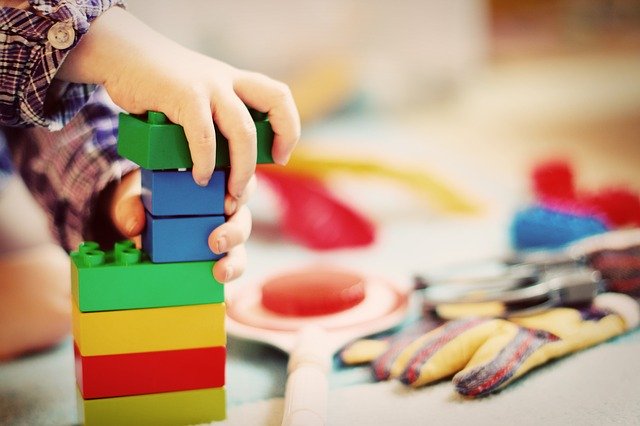
Play therapy works because a child under the age of 12 has relatively limited language abilities and often lack abstract verbal reasoning in order express what they are feeling or thinking. The play therapist provides carefully selected toys, art supplies, games and other play media for children to communicate and process difficult emotions and feelings.
The American Play Therapy Association (2011) defines play therapy as “a form of counseling (or psychotherapy) by which licensed mental health professionals use play-based models and techniques to better communicate with and help clients, especially children, achieve optimal mental health.”
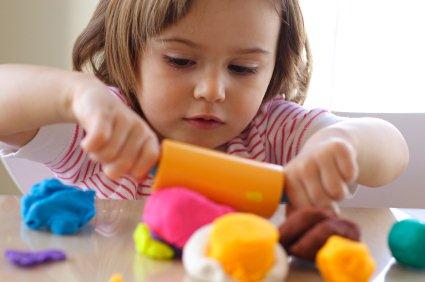
Play therapy works by providing a way for children to reduce stress, encourages develop of independence, promotes communication, competence and catharsis. These outcomes are achieved through play by means of role-play, fantasy/visualization and metaphoric teaching through stories, puppets and other play media.
Playing, in a therapeutic setting, allows a child to relive (symbolically) stressful and traumatic events. In this way, children communicate with the play therapist what is happen in their world from their perspective.
The role of the play therapist is to provide a secure safe setting that fosters the child’s self-awareness and encourages independence, self-monitoring and self-efficacy. The therapist also works with the parents by providing feedback, parent education and skills training to further the work done in therapy to transfer to the home and school. The role and involvement of the parent are critical.
Filial Therapy is another therapy in which the play therapist trains the parent to do therapeutic play therapy at home with their child. This can be to enhance work by the therapist or just as a form of parent education to help promote child/parent attachment, attunement and overall positive development.
By All in the Family Counselling
All in the Family Counselling specializes in play therapy for children, families and adults. All in the family also provides Filial Therapy training. We welcome questions about how play therapy would work for your family please contact us by visiting our website at www.allinthefamilycounselling.com.
If you find this article useful, do click Like and Share at the bottom of the post, thank you.
Like what you see here? Get parenting tips and stories straight to your inbox! Join our mailing list here.






















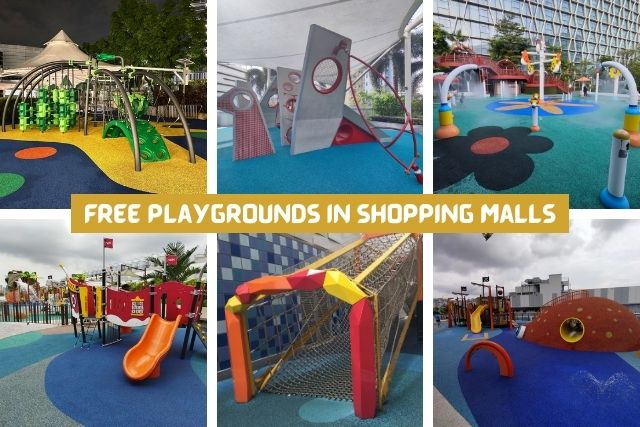














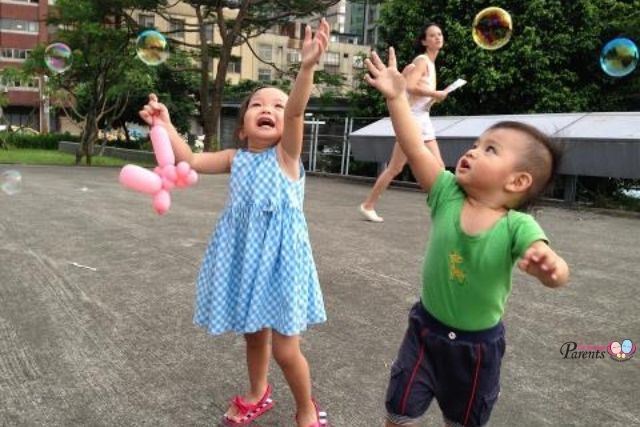
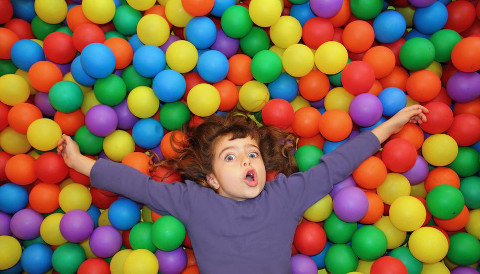
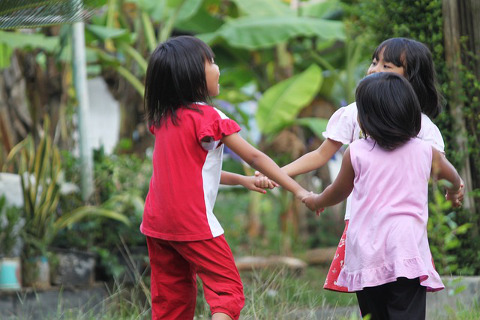
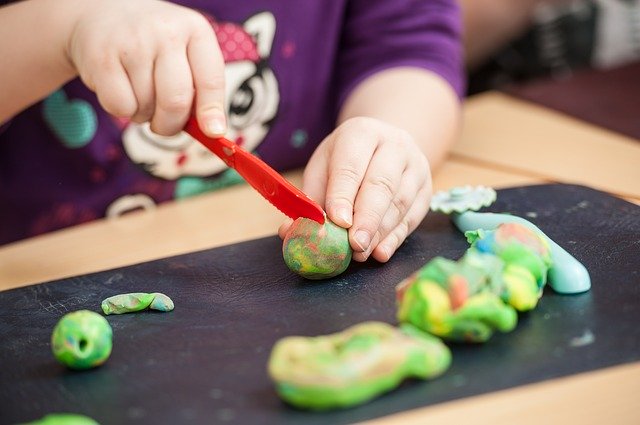



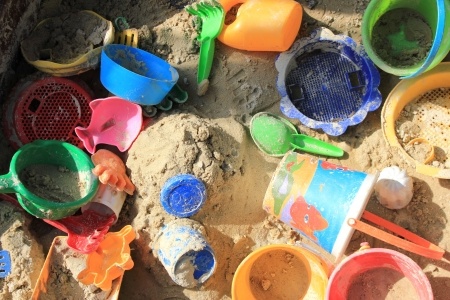













Leave a Comment: